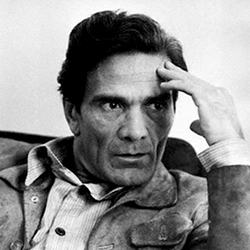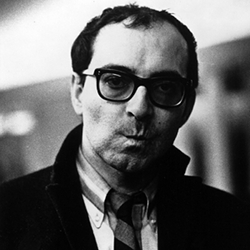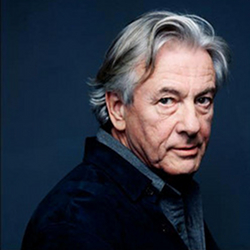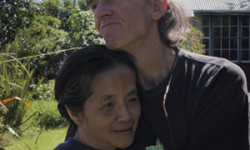
Full Frame: Flowers from the Mount of Olives Review

Flowers from the Mount of Olives (2013)
Director: Helika Pikkov
Country: Estonia
Genre: Documentary | Drama | History
Official Trailer: Here
Editor’s Note: The following review is part of our coverage of the 2014 Full Frame Documentary Film Festival. For more information please visit fullframefest.org or follow Full Frame on Twitter.
“He wouldn’t even have minded becoming a tortoise himself if it meant Mrs Silver stroking his shell each morning and whispering endearments to him.” —Roald Dahl, Esio Trot
You will need but a moment in the company of Heilika Pikkov’s film and its subject, the octogenarian Russian Orthodox nun Sister Ksenya, to know precisely what Mr Hoppy means. How set their lives seems, these tortoises she tends to selflessly, gently whispering their names as she takes them, one by one, from a bucket. It’s strange, the comfort we take from offering an animal the kind of contentment that eludes us; if Flowers from the Mount of Olives is a success as a portrait of its subject, it’s all the more so as an impression of the way we wear our lives’ experiences.
“Their marriage was very romantic,” the Sister recalls of her parents, “and then my father cheated”. Pikkov shares the matter-of-fact sensibility of her subject, telling her story with no trace of emotional embellishment.
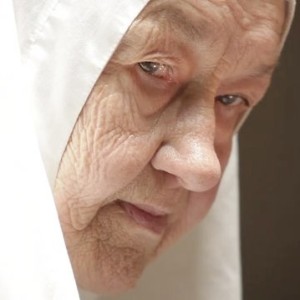 It is refreshing to have a movie that shows without sentiment the life of an elderly person. “Their marriage was very romantic,” the Sister recalls of her parents, “and then my father cheated”. Pikkov shares the matter-of-fact sensibility of her subject, telling her story with no trace of emotional embellishment. We meet her first making her way through quiet streets at dawn, hearing the hollow sound she makes on a block of wood long before we see her, as though the camera has had trouble finding her. Soon she will take a vow of permanent silence as she ascends to the top of her order; that the first sight of her face comes eleven minutes in seems almost a flurry of attention by contrast.
It is refreshing to have a movie that shows without sentiment the life of an elderly person. “Their marriage was very romantic,” the Sister recalls of her parents, “and then my father cheated”. Pikkov shares the matter-of-fact sensibility of her subject, telling her story with no trace of emotional embellishment. We meet her first making her way through quiet streets at dawn, hearing the hollow sound she makes on a block of wood long before we see her, as though the camera has had trouble finding her. Soon she will take a vow of permanent silence as she ascends to the top of her order; that the first sight of her face comes eleven minutes in seems almost a flurry of attention by contrast.
But attention is not something Ksenya seeks; Pikkov’s isn’t the kind of film to dote on her as she does her tortoises, but if it were it’s easy to imagine a snide remark in response. “I don’t want to remember these stories, don’t you understand?” comes the most concise rationale for the removal of her current life in contrast to the vivacious experience she resents recollecting. A bitter woman she is not, but a bruised soul she seems in quieter moments of contemplation, reliving romances and relationships less with a fondness than through a forlorn fog of (mis)remembrance. It’s not for the emergence of a fully realised picture, here, that the film can count itself a fine, fulfilling act of portraiture.
Like the tortoises traipsing across the courtyard, always barely visible in the frames’ corners, the best aspects of Flowers from the Mount of Olives are those that quietly creep before the eyes, almost unnoticed.
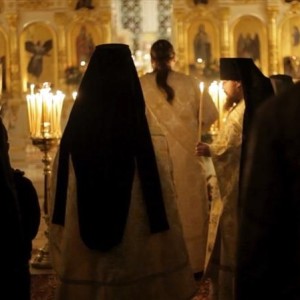 Sharing DP duties with Astrida Konstante, Pikkov only occasionally meets the dignified distinction of her storytelling with a frame to match the effect. Her camera has an eye for the incidental details of a room; her own editor, she cuts to cobwebbed corners almost in admission of aesthetic restriction. Still, time-lapse photography lends the film a helping of handsome hilltop transitions set to the tune of a slightly distorted prayer call, one of the few instances in which the film interacts at all with the religious texture of its Jerusalem setting. A candlelit ceremony’s composition—arguably indebted to Joseph Wright of Derby—offers another, though like most instances only indirectly engaged with Ksenya’s life, it’s as much an affectation as the rote animated effects applied to the archival material.
Sharing DP duties with Astrida Konstante, Pikkov only occasionally meets the dignified distinction of her storytelling with a frame to match the effect. Her camera has an eye for the incidental details of a room; her own editor, she cuts to cobwebbed corners almost in admission of aesthetic restriction. Still, time-lapse photography lends the film a helping of handsome hilltop transitions set to the tune of a slightly distorted prayer call, one of the few instances in which the film interacts at all with the religious texture of its Jerusalem setting. A candlelit ceremony’s composition—arguably indebted to Joseph Wright of Derby—offers another, though like most instances only indirectly engaged with Ksenya’s life, it’s as much an affectation as the rote animated effects applied to the archival material.
Like the tortoises traipsing across the courtyard, always barely visible in the frames’ corners, the best aspects of Flowers from the Mount of Olives are those that quietly creep before the eyes, almost unnoticed. There’s a muted melancholy to this life that’s nicely emblematic of all life; Pikkov’s portrait is as much concerned with the interpretation of memory itself as with these specific ones. Where the film might feel as though it hasn’t entirely resolved its feelings toward its subject, that’s only because she hasn’t quite done so herself. “I don’t even know if I know what love is,” she muses at a late stage, almost offhand. That the movie understands how nice it would be to have endearments whispered is never as important as the admission that they wouldn’t mean much.









